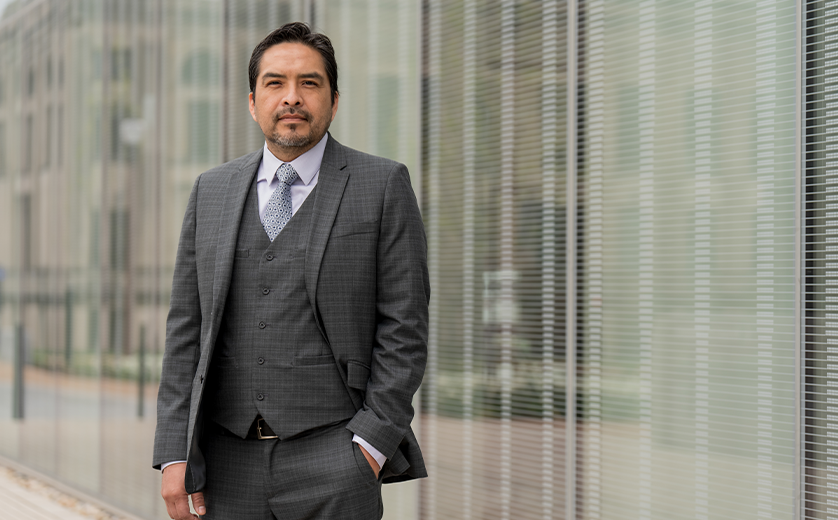The Kathryn M. Buder Center for American Indian Studies at the Brown School, in collaboration with the University of Missouri-St. Louis (UMSL), has received a grant from the U.S. Department of Justice to bolster training and support systems for Native American communities, with a specific focus on child protection.
The grant, totaling $880,840 over three years, comes from the Office of Juvenile Justice and Delinquency Prevention (OJJDP), and will fund the Native Child Advocacy Studies (NCAST) project. Led by scholars from the Buder Center and UMSL’s Child Advocacy Studies Program, the project seeks to enhance and expand the development of child protection professionals within Native American communities. The project’s goal is to broaden the skill sets of law enforcement, social workers, health professionals, and prosecutors through enhanced training and resources.
The NCAST project builds upon an existing UMSL training program, which emphasizes the cultivation of a trauma-informed workforce for child-serving professionals. This iteration tailors the curriculum to address the specific needs of Native American communities.
“By adapting and indigenizing the existing program material, we aim to empower professionals with the knowledge and skills needed to navigate challenging situations with sensitivity and effectiveness,” explained Manasseh Begay, lecturer at the Brown School, program manager with the Buder Center and co-principal investigator of the project. Dana Klar, former director of the Buder Center and current associate teaching professor at UMSL, serves as co-principal investigator.
Using a “train the trainer” approach, the project will deliver specialized training sessions covering cultural competency and legal frameworks such as the Indian Child Welfare Act. These sessions will feature scenario-based training to equip professionals with practical skills for addressing complex situations.
Efforts are underway to identify partner entities, including tribal colleges and native-serving organizations, across the United States. NCAST seeks to recruit and train existing Native American faculty and child protection professionals, involving their communities directly.
“We have a significant shortage of workers in Native communities. By engaging social service agencies and law enforcement personnel, we hope to bridge gaps in services and provide culturally responsive care to Native American communities” Begay said.
The project plans to hold six annual colloquiums, focusing on key components like trauma-informed reasoning skills and mandated reporting, incorporating indigenized trauma concepts tailored to children and youth. Participants completing the program will receive nationally recognized credentials.
“With this project, our goal is to forge lasting partnerships and empower communities to address the unique challenges they face,” Begay said. “By working together, we can make meaningful strides towards building a more inclusive and supportive environment for all.”
The inaugural training sessions are scheduled to commence in July.
